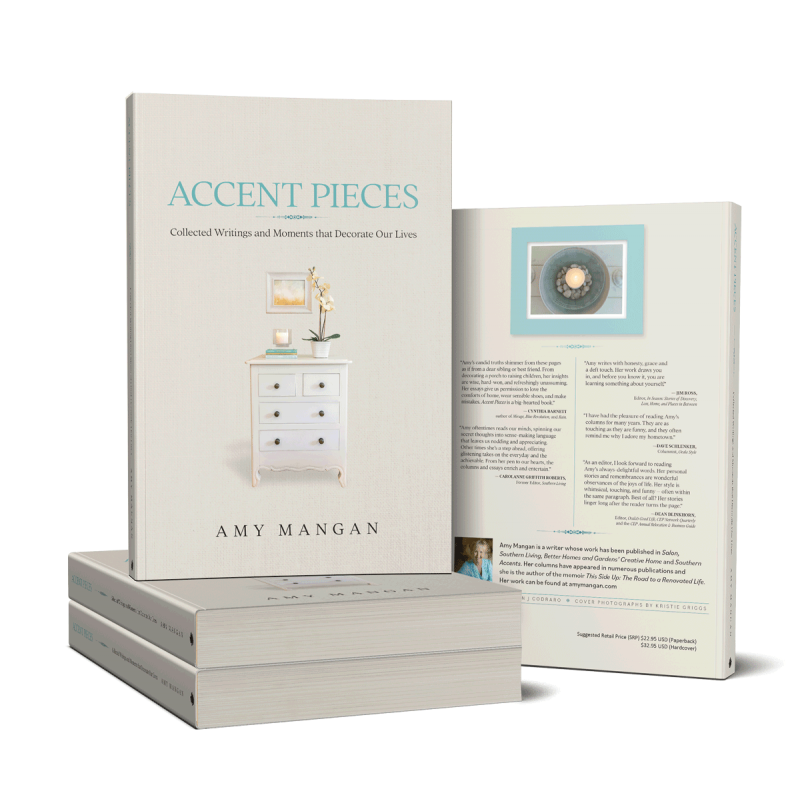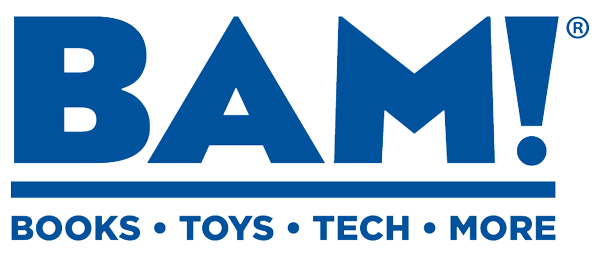I’ve always ascribed to the notion that you can seldom over-communicate. Many an emotional wound is healed with an extra dose of reassurance. Maybe this is why I hug my children so much. Issues in the workplace are also often resolved more quickly when someone takes an additional step to rectify a problem. The same theory applies to gratitude. In our home, we buy thank-you notes in multiples, much to the dismay of those frequently hugged children who wonder why they must write so many notes of appreciation (no “This is because you’re Southern” joke, please.)
Funny then, that I recently bought a book about ways to disconnect from the ultimate connector—e-mail. Cleverly marketed as the latest and greatest self-help treatise, the book had me at the title, Never Check E-Mail in the Morning, which is a rule I violate daily. If the author really wanted to grab my attention, she would have called the book “Never Check E-Mail in the Morning, Mid-Morning, Afternoon, Mid-Afternoon, Evening, Mid-Evening, and Late Evening.” For me, sending and checking e-mail has evolved into a habit-forming routine. Addiction sounds too strong. I draw the line at checking e-mail mid-mid-morning, so there.
Through the years, I’ve come to rely on this electronic communicator for many purposes although it wasn’t always a bed of bytes. My introduction to the Internet coincided with when I bought my first computer, a clunky, oversized box with an external hard-drive the size of a 1960s television set. Sending an e-mail message was an exercise in patience—20 minutes minimum to get a connection—and endurance—imagine an ear-piercing sound of a fax machine combined with an emergency broadcast signal.
Eventually the hyper-technical world merged with my hypo-technical abilities and became a match made in electronic heaven. Professionally, e-mail has become an essential and effective part of my job. I can’t imagine functioning without it. I have a vague recollection of pre-computer work life, but the stone tablets were cumbersome anyway.
Sending an electronic message to a friend, co-worker, or acquaintance creates an instant rapport that is often devoid in a face-to-face meeting. With e-mail, there’s an odd mix of intimacy and anonymity that usually fosters more of a creative exchange. Nuance abounds in e-mail conversations. Sometimes, a computer-generated smiley face conveys a point better than the real deal. Then there is the luxury of checking in when it’s convenient, pajamas and all.
E-mail’s pervasive influence, however, spills more deeply into life’s personal crevices. I’ve made new and restored old friendships with the click of a mouse. I’ve celebrated birthdays, anniversaries, babies, grandbabies, job promotions, weddings, and vacations. I’ve snagged really cool recipes and book suggestions. My politically in-tune friends keep me in the loop with relevant links of news I need to know.
Perhaps most importantly, I’ve seen friends rally with powerful messages of comfort sent in galvanizing force to help others in a crisis when nothing else seems to work. An electronic hug helps in big and small ways as I can attest first-hand. Treasured messages of inspiration and hope sent to me during some tough times remain prominently displayed on my bulletin board at home.
But, back to the book and my e-mail problem which, on second thought, doesn’t seem so bad after all. The author says an over-reliance upon e-mail can be disruptive in work and personal productivity. I agree. Then again, I did hear about the book from one of my e-mail friends…




